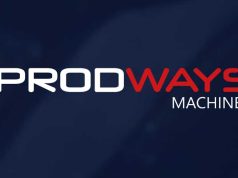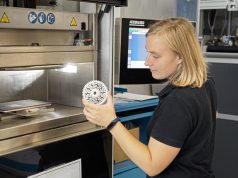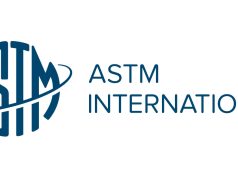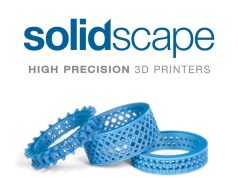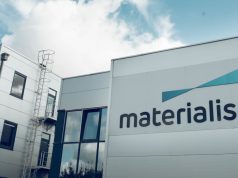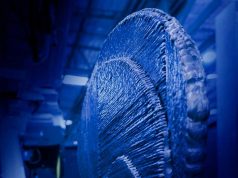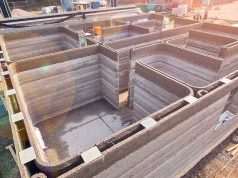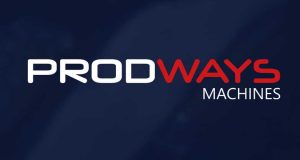Senvol recently introduced an innovative method for material approval using machine learning. This approach is shown to be flexible, cost-effective and time-saving compared to traditional methods.
Under a U.S. government contract, Senvol applied its machine learning software, Senvol ML, to enable faster development of material property values for additive manufacturing (AM). Partners in this project were EWI and Pilgrim Consulting, with technical advice from Battelle and Lockheed Martin Fellow Hector Sandoval.
The use of machine learning is ideal for sustaining AM processes over the long term because it can respond flexibly to changes.
“Material allowables development is a very expensive and time-consuming endeavor” said Annie Wang, President at Senvol. “Senvol’s program was very successful in demonstrating a new approach to additive manufacturing allowables development that leverages machine learning. We were very pleased with the results and look forward to continued work in this cutting edge area.”
Hector Sandoval, who reviewed the AMMP program technical approach and test results, adds, “I have experience developing material allowables using traditional methodologies. The current process works well, but there are some limitations. It was exciting to support the AMMP program by reviewing the technical approach, test results, and final presentation. It was great to get a first-hand look at the potential of leveraging a machine learning based approach to help establish material allowables.”
Despite the many benefits of additive manufacturing, they may not be fully realized due to the high cost and time required for development. This is where Senvol sees a great opportunity to optimize this process with the help of machine learning.
In this regard, Senvol ML software offers a flexible solution for optimizing AM processes and developing material properties.
Senvol President Zach Simkin comments, “The use of machine learning for additive manufacturing process and material development is very mature. This has been adopted by industry and is the low-hanging fruit. The use of machine learning specifically for material allowables development, however, is still a work in progress. I’m pleased that we have now made two successful demonstrations of the machine learning approach to allowables – once in this program using a metal alloy and comparing to MMPDS, and once in a prior program funded by America Makes that used a polymer material and compared to CMH-17 – but more research is needed. The upside is tremendous, and we look forward to continuing to partner with the Government and industry to advance work in this area.”
Dr. William E. Frazier, retired Chief Scientist for Air Vehicle Engineer at NAVAIR / The Navy Senior Scientist for Material Engineering, and currently President of Pilgrim Consulting LLC, adds, “I was very pleased to join Senvol’s team for this program. Senvol’s machine learning-enabled approach directly addresses a major industry challenge: the rapid and cost-effective development of additive manufacturing material property allowables. I have been involved with the qualification of several additive manufacturing processes and materials for flight, and in my opinion, the further development of this technology will have a positive impact on the cost, schedule, and performance of both defense and commercial platforms.”
Users of Senvol ML software come from diverse industries, including aerospace, defense and medical.
Subscribe to our Newsletter
3DPresso is a weekly newsletter that links to the most exciting global stories from the 3D printing and additive manufacturing industry.




